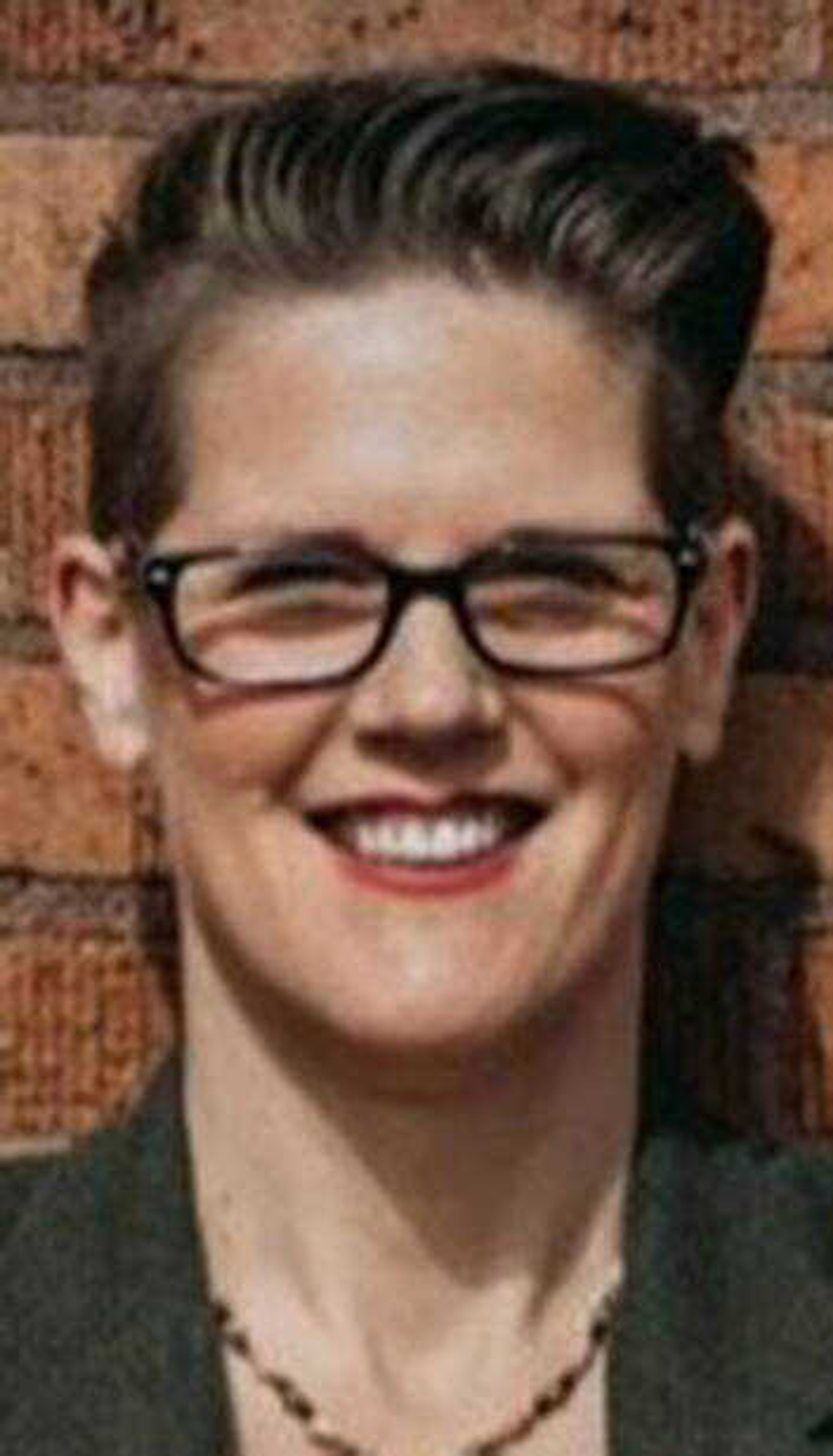Why I tend to write about myself
Someone recently asked in the comments section of one of my columns, "Do you ever write about something other than yourself?" It was a snarky comment, for sure, because if you Google my name you'll see that I've written about everything from silver nanoparticles to how a bust of Cuban Hero Jose Marti ended up in a Kentucky park...
Someone recently asked in the comments section of one of my columns, "Do you ever write about something other than yourself?" It was a snarky comment, for sure, because if you Google my name you'll see that I've written about everything from silver nanoparticles to how a bust of Cuban Hero Jose Marti ended up in a Kentucky park.
Snarky or not, I'm grateful for the question. It gives me the opportunity to share with readers why I tend to reflect and write personal stories in my syndicated column. The simple answer is because that's how humans connect. Whether we're on social media, sitting around a campfire or catching up over coffee, we communicate best when we're telling our stories.
Sharing personal experiences is how we offer compassion. It's how we put real faces to the news happening in the world. It's also why I chose to talk about it in my TED Talk, "Contempt Versus Connection in Online Communication."
The opinion section of any publication should be filled with opportunities for readers to empathize, relate and care. However, too many times, it's filled with contempt and verbal wagging of fingers at those with whom we disagree. Commentary that only serves to set up and solidify the us-versus-them rhetoric that we so often hear from our so-called leaders. We could get so much further in our productive discourse if we would just share our personal stories.
Data found in double-blind studies doesn't quite hit home the way a powerful narrative does. I can tell you the stats to back up my facts (and I will), but information really sinks in when I weave in a compelling anecdote or two to go with it. I recommend Dave Lieber's TED Talk, "The Power of Storytelling to Change the World," if you want to dive into brain science on this point.
As an editor, it's what I look for in the submissions that land in my inbox. I want to read op-eds that tie personal experience to current events and social issues. I would not ask a contributor to provide anything more than I am willing to myself. So, I lead by example. I will keep telling you my stories. I'll share with you what I've learned in hopes that we find some common ground so that we can better connect.
Science backs me up on this. The more local, the more intimate and the braver we are, the more we heal our hearts and our communities. Joshua Darr is assistant professor of political communication at the Manship School of Mass Communication and the Department of Political Science at Louisiana State University. He wrote the book "Home Style Opinion: How Local Newspapers Can Slow Polarization." He learned that when newspapers stop publishing national drama and really focus on the local issues of their community, they can bring people together and resolve some of the divisiveness.
By being brave enough to talk about how the issues in our community directly affect us, we really illustrate for our neighbors and elected officials how we are impacted and what needs to change. In practice, it looks a lot like community members being willing to share their personal stories. Every relationship is an inside job -- meaning I must work on myself and how I fit in this world in order to truly make this world a better place. It's true for your relationships with family and friends, so why should your relationship with your community be any different?
So yes, I do tend to write about myself. Thank you for asking. And I will continue to keep writing about the lessons I've learned from the mistakes I've made in hopes that I can help change the world, one personal story at a time.
Connect with the Southeast Missourian Newsroom:
For corrections to this story or other insights for the editor, click here. To submit a letter to the editor, click here. To learn about the Southeast Missourian’s AI Policy, click here.










